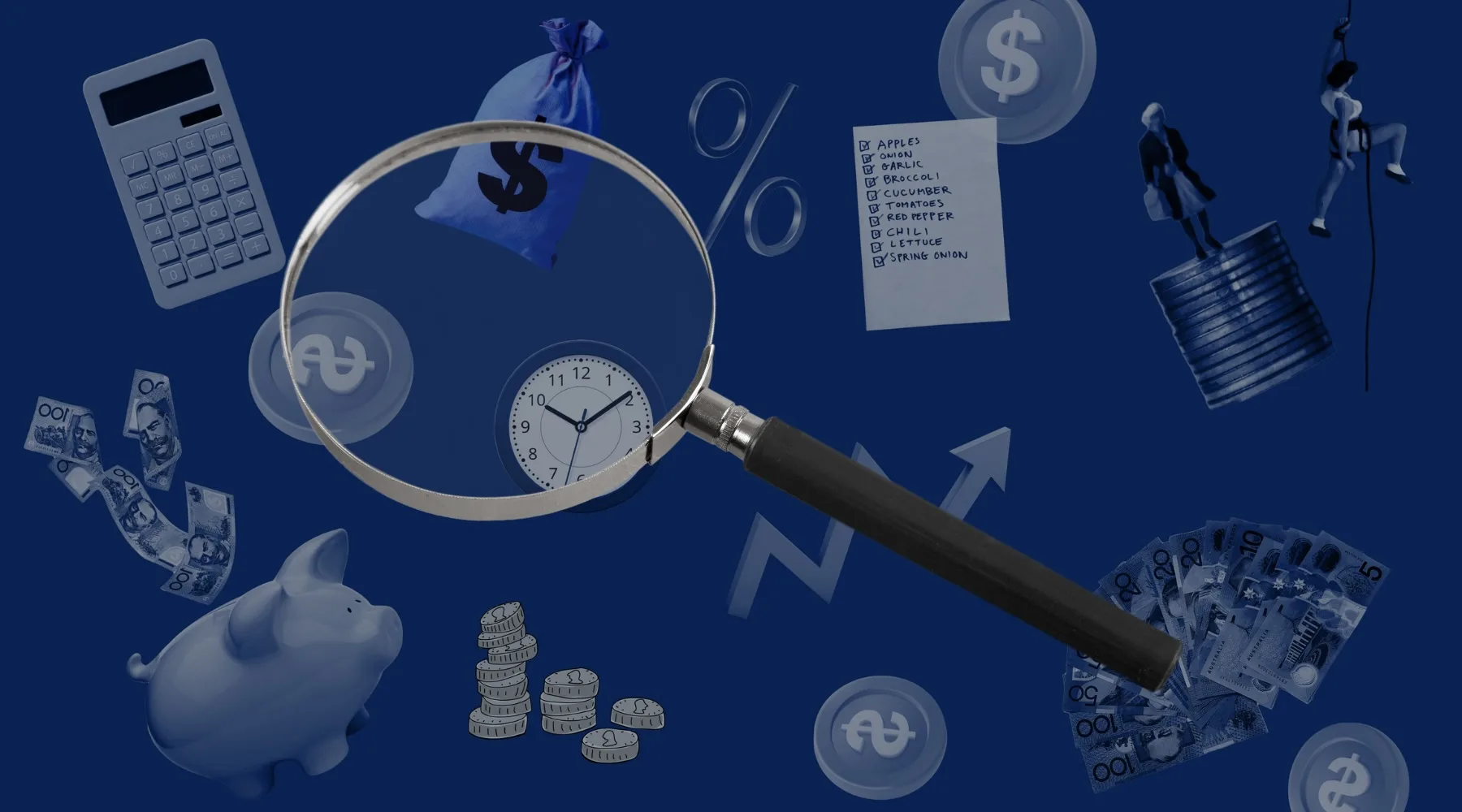Watch out for hidden fees | Savings with Sarah #14

Hidden fees are starting to creep in everywhere - and they can quickly add up.
You may have noticed that in the last few years, on almost every bill you pay, every coffee you buy, every takeaway you order – there's a nasty little credit card fee sliding into your transaction.
Some might argue that the fees are so small, it's not worth worrying about. What does it matter if your bill is $22, and you swipe your card and get charged $22.35?
It may only be 35c. But on bigger payments, like bills, it can be several dollars. Multiply this by dozens of fees a month, and they can quickly add up to hundreds of dollars a year.
And what exactly are you getting in return?
I spoke to Shane McInnes on 3AW Mornings about the rise of hidden fees last week, and we discussed the fact that these fees are becoming more creative. It's not just credit card fees we're running into.
He'd just returned from an overseas trip where he was slugged with a "resort fee" – charged by the resort, so you can use resort facilities like the pool and internet.
Shouldn't those things be included as part of the accommodation price?!
We ran through some of the more creative ways that businesses are introducing fees down under:
- Credit card card fees – of up to 2%. I've seen them as high as 5.5%!
- Debit card and EFTPOS processing fees – anything from a flat fee of 10c through to 0.5% of the purchase amount.
- Processing or handling fees – often charged when you use a QR code when dining out, these are usually 1-2%.
- Mandatory tip or surcharge applied to larger bookings, usually 10-15% of the total bill.
- Sunday surcharges – usually 10%, applied across the whole bill at restaurants and cafes. It's explained as a way to help them offset penalty rates, but retail stores pay penalty rates too – they just absorb them as a cost of their business?
- Public holiday surcharge – as above, but these often run as high as 20%.
- Packaging fees – of between 50c and $1, levied when you ask for a box to take home your leftovers. Some also charge extra for a takeaway cup for your coffee.
- Tomato sauce fee – some would argue it's unAustralian, but many in hospitality charge 30c to 50c for a side of sauce.
- Straw surcharge – Shane shared that he was charged 20c for a straw when he purchased a smoothie, from a smoothie shop!
- Everyday service fee – I've seen this at a restaurant chain, where a service fee of 5% applied every day, or 10% on Sundays and 15% on public holidays.
Now the big question – what can you do about it?
If you're okay with spending a few hundred dollars a year on fees in exchange for the convenience, then do nothing.
Otherwise, you could consider:
- Paying attention to how much you're being charged. Legally, businesses have to tell you about a surcharge BEFORE they charge it.
- Using a debit card – the fees are usually much less than credit card fees.
- Withdrawing cash – not only can you skip the fees when you pay, but you'll be more mindful about your spending overall!
It's one thing to pay extra to get an additional shot of coffee, or to substitute your bog standard cow's milk for almond or soy. It's quite another to pay fees for no reason.
I'm a big believer in getting value for money, and this way, you can take a few small actions for solid financial benefits.

